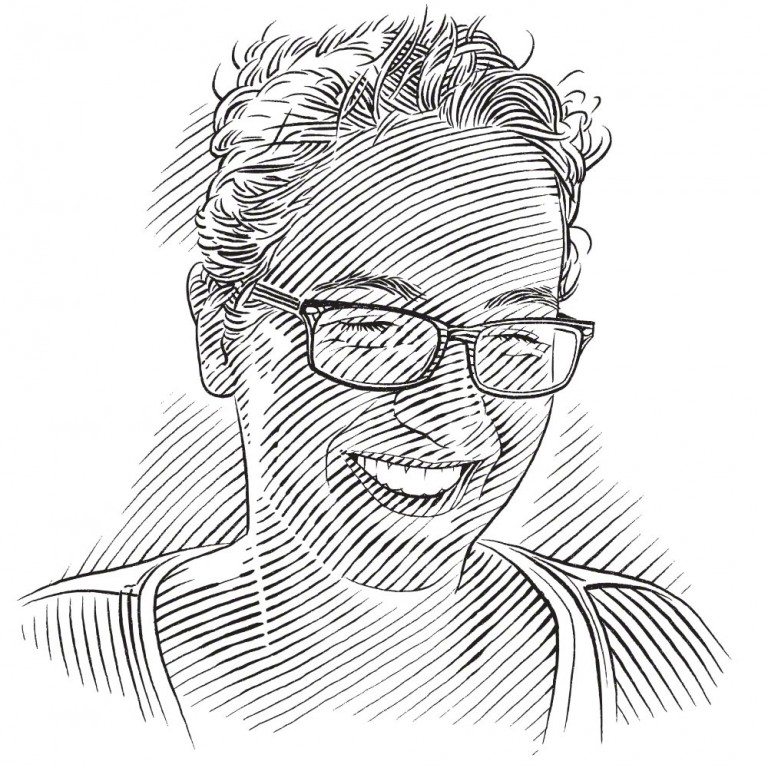A short interview with Frances Humber
www.garthcripps.com
As a girl from the UK, how did you come to work in Madagascar?
It all started with an opportunity to work for the marine conservation organisation Blue Ventures when, during its early days, it sent out a random call to UK universities looking for interns. Its first project was in Madagascar, so it was more by luck than by planning that I was able to work in this country!
How much time do you get to spend in the field these days?
Unfortunately not that much today. However, as I’ve got older, and hopefully wiser, I’ve realised that the best way I can support our projects and the communities they work with is to do what I do best. That means sitting at a computer in the UK, trying to give those in Madagascar more time and energy to focus on activities they excel at.
Can you describe your impression of the Vezo people the first time you met them?
Indomitable and resourceful! It was sunrise the morning after our lorry had broken down in the middle of the spiny forest in south-western Madagascar and we had spent the night in it waiting to be rescued. A large group of men, women and children appeared along the dust track in the early morning sun with carts pulled by zebu (humped cattle) to help take us and our belongings to the nearest village. The mingling of the dust, sunlight, people shrouded in blankets against the early morning cold, and animals was an image I haven’t forgotten.
Mobile sharks
Madagascar’s sharks are in steep decline. Frances has trained members of the Vezo community to collect real-time information about local shark fishing using mobile phones.
